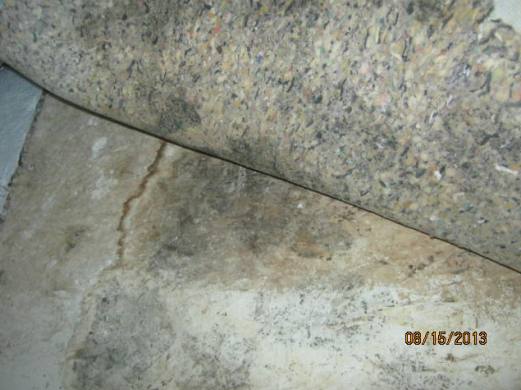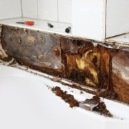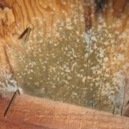Find a pre-screened local mold removal specialist Free Estimate
Find a Mold Specialist Now
Click or Call, Toll-Free 24/7
Home Selling and Mold
We are often asked about home selling and mold and how to make sure you aren’t buying a house with mold that might cause health problems in yourself or family members down the road. We definitely recommend checking a home for mold before buying it. You should also be aware of laws that offer you some protection against buying a home with mold.
What Laws Apply to Selling Homes With Mold?
It’s important to understand that laws vary from state to state and that laws change over time. Also, there are sometimes exceptions to laws that apply only in specific circumstances. We can give you some general information here but for specific advice about your situation, we recommend talking to a licensed attorney in your state.
In many states, laws about home selling and mold require the seller to disclose information about a past or present mold problem in the home. However, if the seller is not aware of a mold problem, and could not be reasonably expected to know, then he doesn’t have to disclose it. Basically, that means that if there is mold growing all over a wall, he has to tell you about it but he does not have to crawl into a crawlspace or look inside the walls to see if there is mold there. If he knows about mold in the crawlspace or walls, though, he must tell you about it. If the seller doesn’t tell you about a mold problem, he may be liable for any mold-related costs you end up incurring.
In some states, the real estate agent and/or appraiser is also required to disclose information about mold to potential buyers.
If you want to put an offer on a home but are concerned about the possibility of mold, you can put a contingency clause in the offer saying the offer is contingent upon the home testing negative for the presence of mold.
How Do You Know if You Are Buying a House With Mold?
When you walk through a house, look for signs of mold or water damage. Check under sinks, behind toilets, in basements and attics and crawl spaces. Look for standing water, water stains on walls or ceilings, visible mold or a musty odor.
If you have your home inspected, ask the inspector to tell you about any signs of mold or water damage he or she notices. Better yet, hire an inspector that is also certified in mold testing.
 Mold found under carpeting
Mold found under carpetingAlso ask the seller. In addition to asking if there has ever been a mold problem in the home, ask about things that are likely to lead to a mold problem, like if the home has ever flooded or if any pipes have ever burst. In many states, but not all, the seller is legally required to disclose information about a present or past mold problem in the home.
To know for sure whether or not there is mold in a home, you need to have the home tested for mold. If you suspect a mold problem, or if the seller tells you there used to be a mold problem but it’s gone now, we recommend having the home tested before you buy it. To find certified professional mold testers in your area, just follow the link. Most professional mold testers are engineers that can also perform a full house inspection for you.
For More Information About Home Selling and Mold
For more information about the rights and responsibilities of either a home seller or buyer, you can talk to your licensed real estate agent. To learn about the specific laws in your state, though, we recommend consulting an attorney; while licensed real estate agents should be knowledgeable about the laws in the state in which they are licensed, they aren’t attorneys and may not always give correct legal information or advice. You can also try contacting your local department of health for more information.
Return From Home Selling And Mold To Our What To Do About Mold Page
Free Home Inspection By A Mold Removal Specialist
Search This Website

Recent Articles
-
See Our 5 Recommended Mold Removal Companies in Covington, KY
Apr 16, 25 12:59 PM
-
See Our 5 Recommended Mold Removal Companies in Wheaton, IL
Jun 20, 24 10:33 AM
-
See Our 5 Recommended Mold Removal Companies in Aberdeen, SD
Oct 08, 21 04:05 PM




